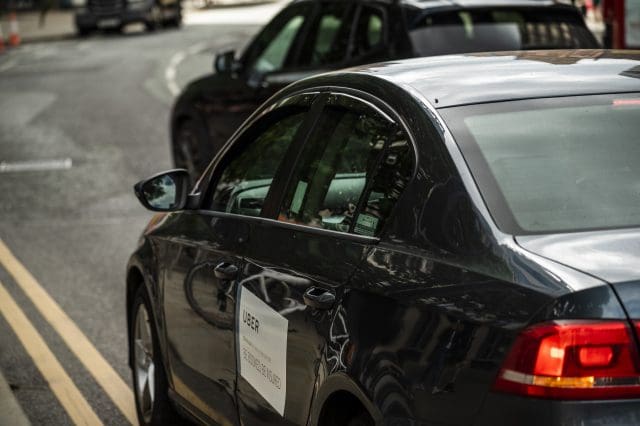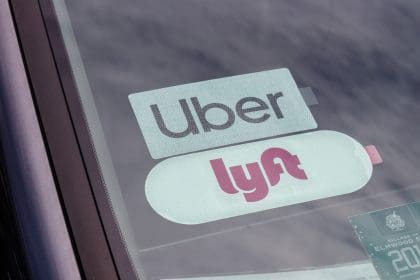Union bosses want to limit the number of private-hire badges issued in London so that drivers can make a decent living.
The GMB’s fear is that if there are too many drivers, there will be less work to go around and the value of fares will decrease, making it more difficult for everyone in the trade, who already have to balance costs such as vehicle maintenance and taxi insurance to make a living.
While the number of taxi drivers in the capital declines and PHV driver numbers have been increasing, the GMB union believes Transport for London needs to do more to protect livelihoods.
TfL figures show that in 2023/4 there were 17,416 public-hire taxi drivers in London, but by the end of May, 2025, this had fallen to 16,617.
Figures for the same period show the number of private hire operators increased from 1,740 to 1,789 and the number of drivers fell slightly from 106,267 to 106,264.
Sustainability
The union recently criticised TfL for “not putting sustainability at the heart of its” Taxi and Private Hire Action Plan.
The GMB said it wants measures that “enhance driver earnings and safety, ensuring the wider transport network is environmentally and economically sustainable”.
Of the capital’s total 14,518 black cabs, 9,108 are zero-emission capable, which is good for environmental sustainability, as well as helping drivers avoid congestion and emissions-zone charges.
But the union says TfL needs to do more to ensure that taxi driver jobs are sustainable. It said that among the specific measures it is asking for is a limit on private-hire vehicles to reverse a decline in drivers’ earnings.
In said that in 2024, 55 per cent of members using driving apps claimed that their earnings were significantly lower and more than 80 per cent claimed that their earnings were either the same or lower compared to 2023.
But while PHV numbers far exceed taxis, they remain below the 2016/7 high of 117,712 and are only slightly above the 2020/1 level of 105,329.
Saturation
The GMB is also looking for discussions on measures that can address market saturation and offer fare protection for London-licenced drivers.
Steve Garelick, GMB Regional Organiser, said: “Further saturation of the private-hire market is unsustainable; it will continue to have a negative impact on drivers and competition.
“GMB is calling on TfL to deliver a more sustainable industry for both drivers and operators – one where drivers are not forced to work longer hours just to earn a liveable income, and where their safety is not put at risk in the process.”
While TfL does not look at restricting PHV numbers in its action plan, it does set out improvements that make it an “attractive career” for both sets of drivers.
Taxi commissioner Andy Lord said: “I want to bring positive change for taxi and private-hire drivers and their passengers, and ensure the fleet becomes even greener to meet our environmental commitments and clean London’s air.
“There are four key goals outlined in this plan. We want to do all we can to ensure being a London taxi or private-hire driver is an attractive career; that all passengers experience high standards of service; that we’re supporting the taxi trade and the private hire industry to continue to reduce their environmental impact; and we want drivers, passengers and other road users to be safe, and feel safe, when travelling.”




